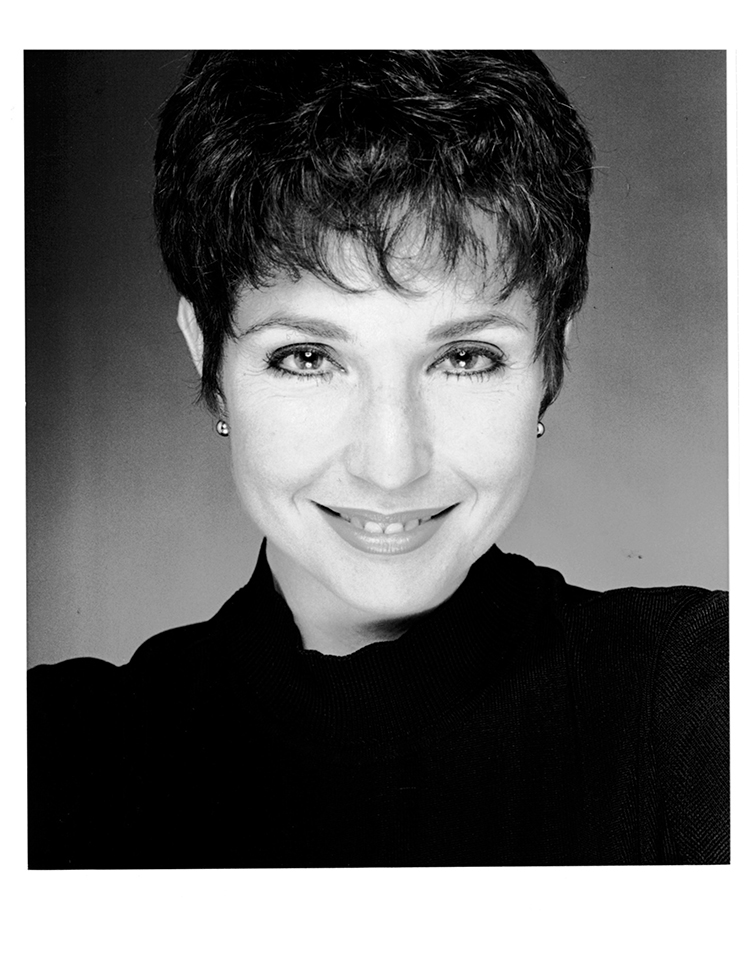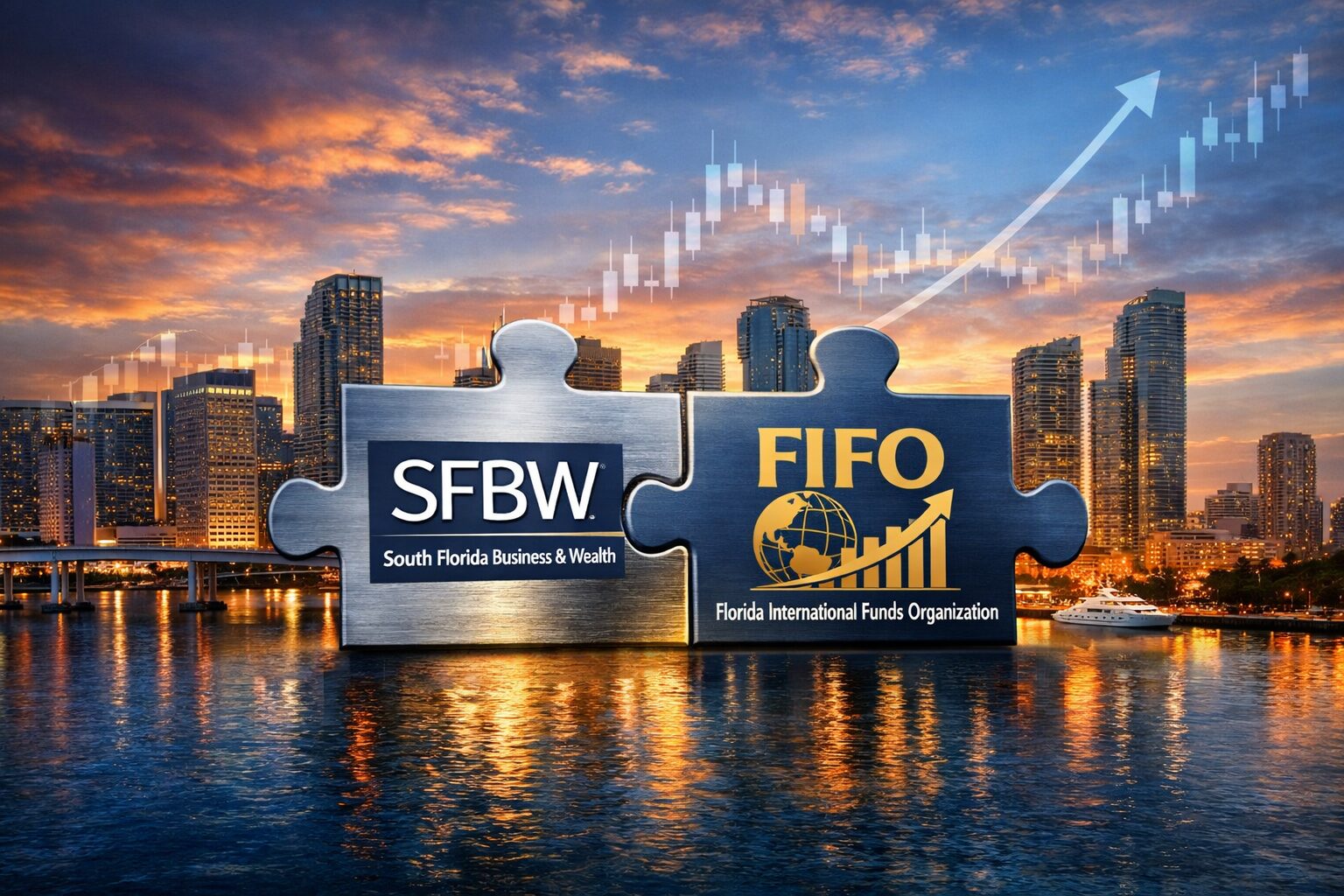We all know that attitude is one of the most important factors in determining success.
John, an entrepreneur who had always been extremely hard on himself, believed that his attitude would motivate him toward success. Ultimately, however, he found that this had the opposite effect.
It is easy for our brains to misinterpret signals and most of us slip into the “stress habit.” Many business people describe experiencing spinning thoughts, feelings of isolation and a lack of pleasure, acknowledging the toll it takes on their bodies, their businesses and their minds. As a result, they miss out on the simplest pleasures of life, believing they should be “somewhere else” or “be something different.”
It’s not surprising that most of us experience fear and anxiety, since the brain’s primary function is to be hardwired for survival. Many of our 65,000 daily thoughts are focused on our need to avoid pain and danger, even when there is no real threat.
Although we just can’t turn off our evolutionary switch and instantly experience wellbeing, we can learn to overcome our hardwiring. As a researcher, journalist and teacher, I believe that these feelings are often a message that it’s time to awaken to our truest self and learn to live more presently and peacefully.
Science is just beginning to understand our brain’s neuroplasticity, which is the brain’s ability to adapt to stimulus: We can actually sculpt this miraculous three-pound organ with meditation and mindfulness, balancing the neocortical (logical brain) and the limbic system (emotional brain), creating healthier, happier and more successful lives.
Mindfulness promotes self-compassion, which is the degree to which individuals treat themselves with warmth and understanding. In a recent study, a test group demonstrated that individuals who meditated were more self-compassionate and were, as a result, able to work and focus 30 percent longer than the control group. This reveals that self-compassion is more likely than self-esteem to lead people to treat failures as challenges and to stay motivated.
During mindfulness training, John began to understand that his fear of failure and anxiety was not a reflection of who he was, nor was it a weakness. He learned that by being present minded, he reduced his negative thoughts and could work harder even during challenging times. “This practice has changed my life and my business. I now have the tools to be more present, focused, grateful and relaxed,” he says.
Welcoming a daily personal practice and cultivating a new approach may be the simplest and best business strategy available. ?
Linda Janasz is the Editor-in-Chief of Lifestyle Magazine, an Emmy award-winning producer, journalist and Registered Yoga Teacher (RYT 200), and holds a PhD. She has created and teaches a program called Mindfulness, Meditation and Movement (MMM) that has helped hundreds of people find balance in an unbalanced world. For more information about upcoming MMM individual programs or to inquire about corporate sessions, email Linda@mindmedmove@gmail.com.














